In 2017, Xceptional started a mission to create meaningful careers for neurodivergent talent. Our initial focus was providing technology services, namely software testing. Our aim was to bridge the gap between neurodivergent individuals and employers. The employers we approached had other ideas, they were interested in hiring skilled neurodivergent individuals for themselves. From there we developed a methodology to assess the skills and potential of candidates, support them into work and train teams on neuro-inclusion.
The early efforts led to larger programs with employers in the public and private sectors. Employment programs were designed to place neurodivergent individuals into roles such as software engineers, testers and data analysts within technology departments. These initiatives not only opened employment opportunities but also educated workplaces on how to leverage the strengths of neurodivergent staff.
To move beyond these initial steps and avoid the pitfalls of tokenism, it is essential now for employers to internalise the lessons from these programs and apply them universally across their organisations. This shift requires a deeper understanding and support for neurodivergent employees and customers who are already part of the organisation.
Today the work of neuro-inclusion continues, increasingly within workplaces supporting managers and staff to better understand, support and utilise the strengths of neurodivergent colleagues. We do this through training and advice all focused on creating inclusive and safe cultures.
Here are five insights from employers.
- HR Business Partners and Managers report: Pan-disability training does not equip employers with the practical neuro-inclusive knowledge and resources necessary for neurodivergent staff to thrive. Specific training tailored to neurodiversity is essential.
- Generational Trends: Millennials and Gen Z, who are entering the workforce, bring strong expectations for inclusive and supportive workplaces. Younger workers are more likely to disclose conditions such as autism, ADHD, or dyslexia, pushing the need for more inclusive policies and leadership.
- Current Workforce: Many workplaces already employ more neurodivergent individuals than they realise. Awareness and education can help in identifying and supporting these employees effectively.
- Employers’ Concerns: Employers are increasingly concerned about managing psychosocial risks during organisational changes such as restructuring and the return to the office. Proactive strategies are needed to address these concerns while supporting neurodivergent employees and their managers.
- Performance Management: Managers often report a link between performance management and the disclosure of neurodivergence or other invisible disabilities. Creating a supportive environment for disclosure can lead to better performance and engagement.
For more insights on psychological safety and fostering inclusive workplaces, check out our blog on psychological safety here. To find out more about our training and advice to build inclusive and safe cultures click here.

